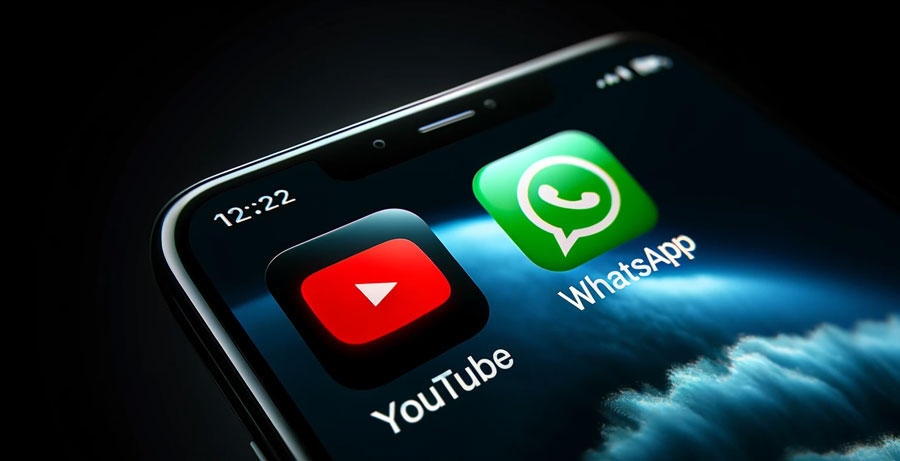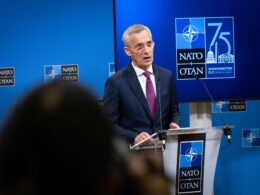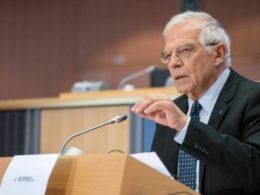Russia has implemented further restrictions on digital telecommunications, according to a July 18 intelligence update from the British Defense Ministry.
On 12 July, a Russian MP announced authorities had begun slowing down WhatsApp traffic to limit extremist communication, likely including opposition and anti-war activists, while independent media reported disruptions to YouTube, attributed to government slowdowns with plans to block the platform in September 2024.
According to the report, these measures accelerate the trend of increasing government control over media in Russia, ensuring access to government-approved narratives and facilitating surveillance, thereby fostering fear and self-censorship among potential dissidents.
The UK Defense Ministry wrote:
- The Russian government has initiated further restrictions on the use of digital telecommunications in Russia. On 12 July 2024, Russian State Duma Deputy Anton Nemkin stated in an interview that Russian authorities had begun to slow down traffic on the encrypted messaging app WhatsApp. The public explanation is to limit the ability of extremist groups to communicate. Under Russian government definitions this likely also includes constraining the ability of opposition activists and those opposed to the war in Ukraine to organise and communicate.
- Separately on 12 July 2024, Russian independent media reported that disruption to the YouTube online video platform was due to deliberate slowdowns in traffic by the Russian government. The Presidential Administration is reportedly likely to block YouTube altogether in September 2024. YouTube is relatively popular in Russia, and has been used by opposition activists, most notably the late Alexei Navalny, to disseminate criticism of the Russian government.
- As with recent proscription of independent media organisations, and the restriction of other secure communication media these measures represent an acceleration in the long-standing trend increasing government control over public media and information in Russia. These restrictions in access to social media platforms are likely designed to ensure that the Russian population are only able to access media that conforms to government-controlled narratives. Restricting more secure means of private communication, government surveillance of potential dissidents will be easier, and will create a climate of fear and self-censorship among those who might be critical of the regime.
Related:
- YouTube blocks channels of pro-Russian artists sanctioned by EU
- Official Kremlin admits it’s “in a state of war” with Ukraine for first time
- Top 10 YouTube channels and podcasts for insights into Russia’s war in Ukraine
- UK intel: Kremlin disrupts Russians’ access to VPNs to control domestic information





